UK premier replaces armed forces chief after Afghanistan debacle
UK Prime Minister Boris Johnson has replaced the chief of Britain’s armed forces following the conclusion of the country’s catastrophic military presence in Afghanistan and the abrupt withdrawal of troops from the war-ravaged country.
Johnson selected on Thursday Admiral Tony Radakin — head of the British navy — as the next chief of Britain’s armed forces to replace General Nick Carter, who had been criticized over the messy retreat from Afghanistan, after the latter steps down at the end of November.
Announcing the appointment, Johnson said Radakin had proved himself an “outstanding military leader” who would “lead the armed forces at a time of incredible change.”
The 55-year-old, for his part, said he was humbled to have been selected in a time of enormous change, adding that Johnson and the British defense secretary, Ben Wallace, “have demanded reform.”
It is for the first time in 20 years that a sea lord responsible for the Royal Navy is appointed as the chief of Britain’s armed forces.
Radakin’s predecessor was heavily taken to task for appearing “naive” about the Afghan Taliban and the group’s sweeping advances across the war-torn country in August, which led to the fall of provincial centers in a domino effect fashion.
The government of Afghanistan rapidly collapsed on August 15 and President Ashraf Ghani fled the country in the face of lightning advances of the Taliban that followed US President Joe Biden’s decision to withdraw the US-led NATO troops in a disastrous pullout.
After the Taliban retook power in Afghanistan, the UK managed to evacuate about 15,000 people, leaving many thousands behind, who aided the British forces in the war-torn country.
The humiliation of the lightning Taliban takeover in Afghanistan after a 20-year war that cost hundreds of thousands of lives and at least a trillion dollars caused widespread criticism of British authorities.
Britain’s Foreign Secretary Dominic Raab was questioned by the members of parliament over his mishandling of the Afghanistan crisis, which has been described as “the biggest failure of foreign policy in a generation.”
Britain lost 457 armed forces personnel in Afghanistan, or 13 percent of the US-led military coalition's 3,500 fatalities since 2001.
UK officials meet Taliban for first time since takeover
Media reports said this week that British officials went to Afghanistan for the first time since the country fell to the Taliban, meeting the group’s senior leaders in Kabul to discuss the humanitarian crisis and safe return of British citizens.
The UK delegation was led by the British prime minister’s special representative for Afghanistan, Simon Gass, and the chargé d’affaires of the UK mission to Afghanistan in Doha, Martin Longden.
“They met senior members of the Taliban… they discussed how the UK could help Afghanistan address the humanitarian crisis, the importance of preventing the country from becoming an incubator for terrorism, and the need for continued safe passage for those who want to leave the country,” a government official said, adding that they also raised the treatment of minorities and the role of women.
The United States and its NATO allies invaded Afghanistan in 2001 under the pretext that the Taliban militants were harboring al-Qaeda. The invasion removed the Taliban from power but it worsened the security situation in the country.
The Taliban announced the formation of a caretaker government on September 7 after foreign forces left the country.
VIDEO | Italian farmers launch protest campaign against EU-Mercosur free trade deal
VIDEO | Trump’s Gaza ‘Board of Peace’ invitation sparks criticism in Pakistan
VIDEO | Iran, Iraq vow to deepen ties, hail US exit
Araghchi slams World Economic Forum for canceling his invitation
Iran condemns Argentina’s unfounded accusations against IRGC
VIDEO | Fighting British state
Pezeshkian calls recent riots in Iran part of ‘failed’ US-Israeli war
VIDEO | Iran unity nullifies sedition


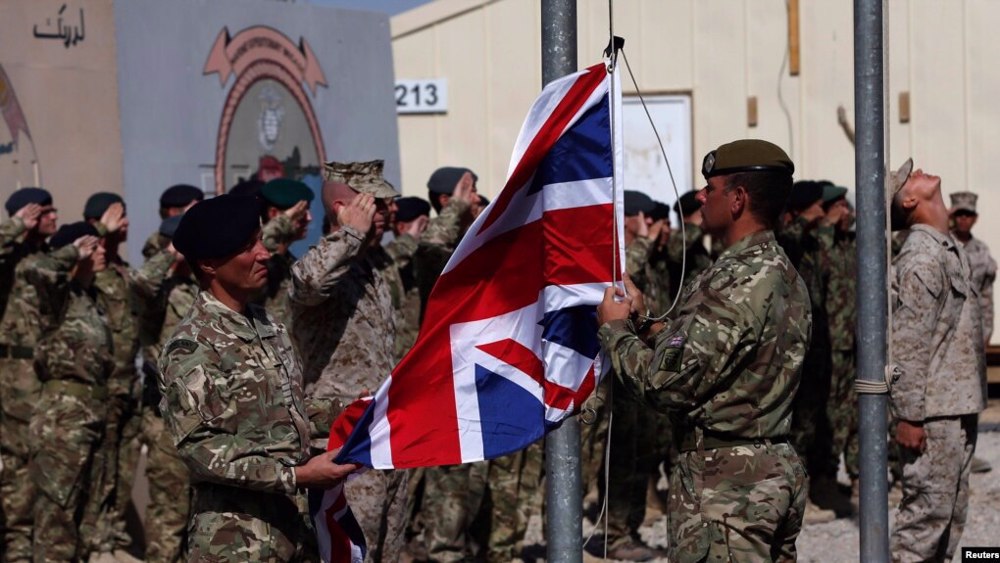
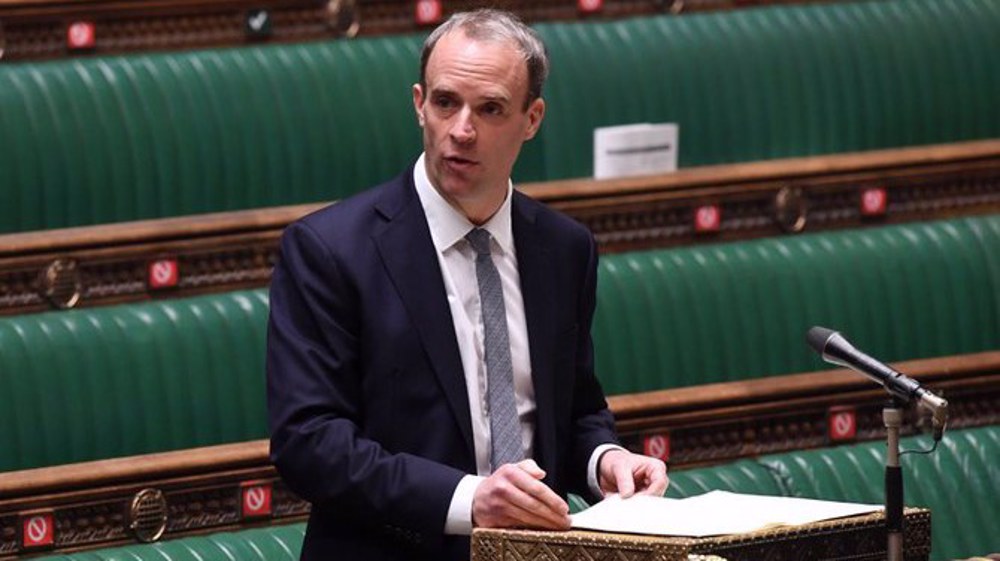
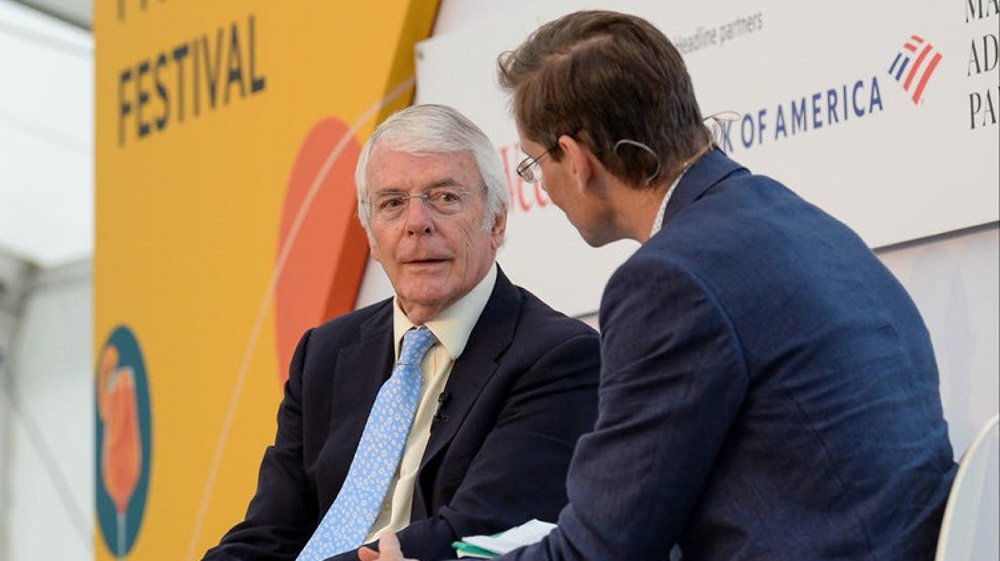
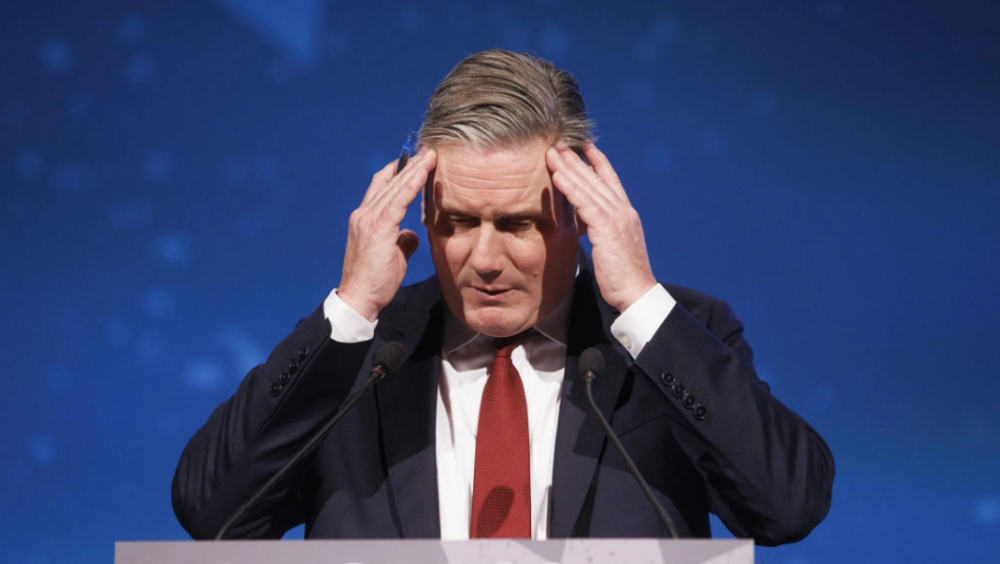
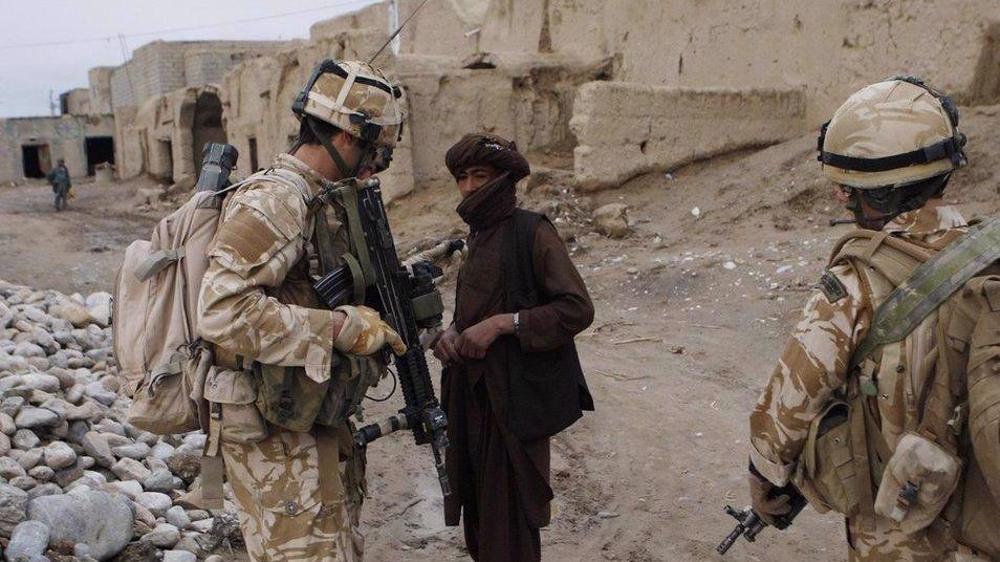
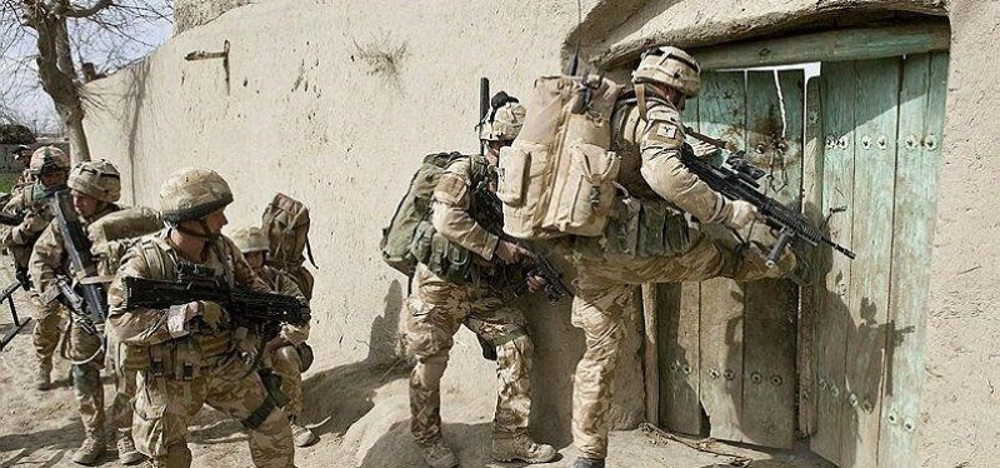




 This makes it easy to access the Press TV website
This makes it easy to access the Press TV website